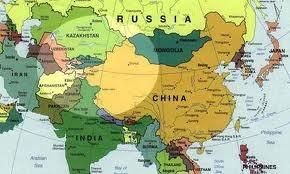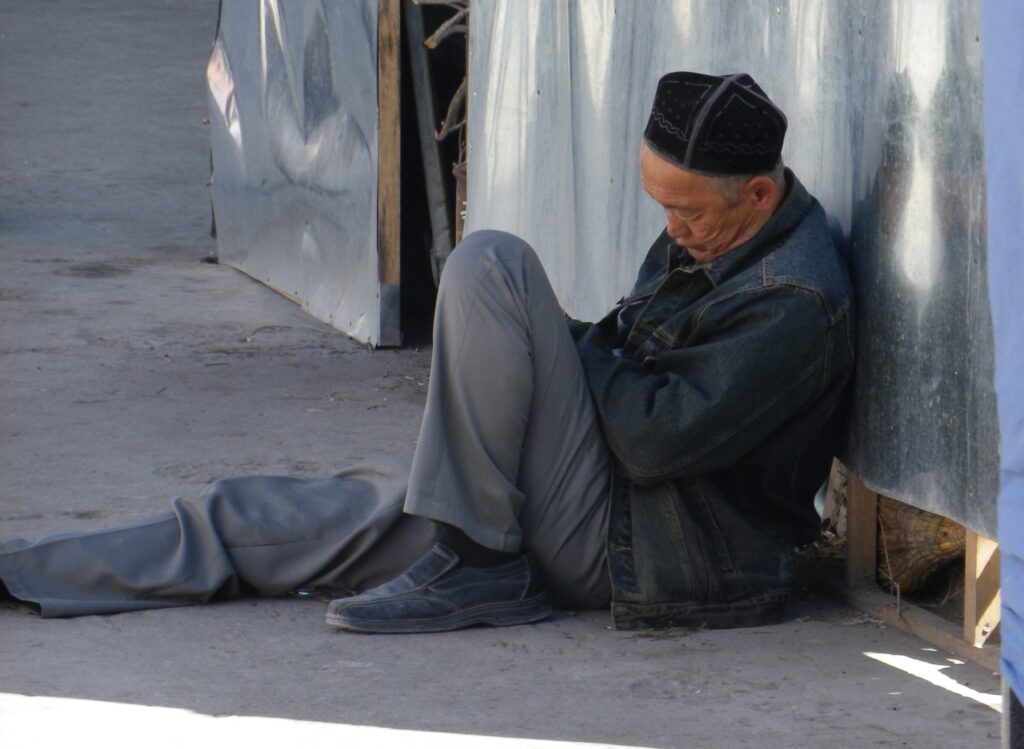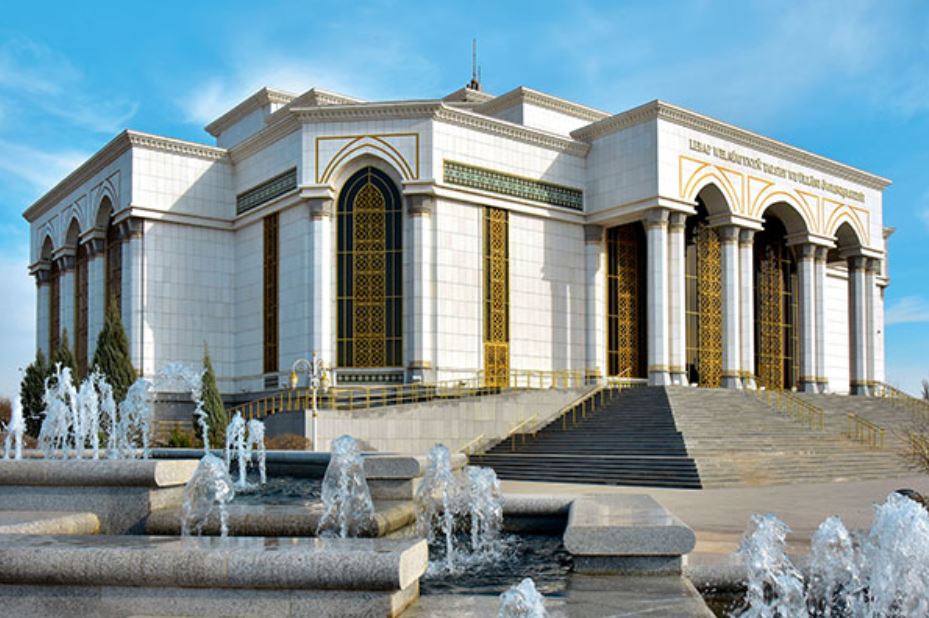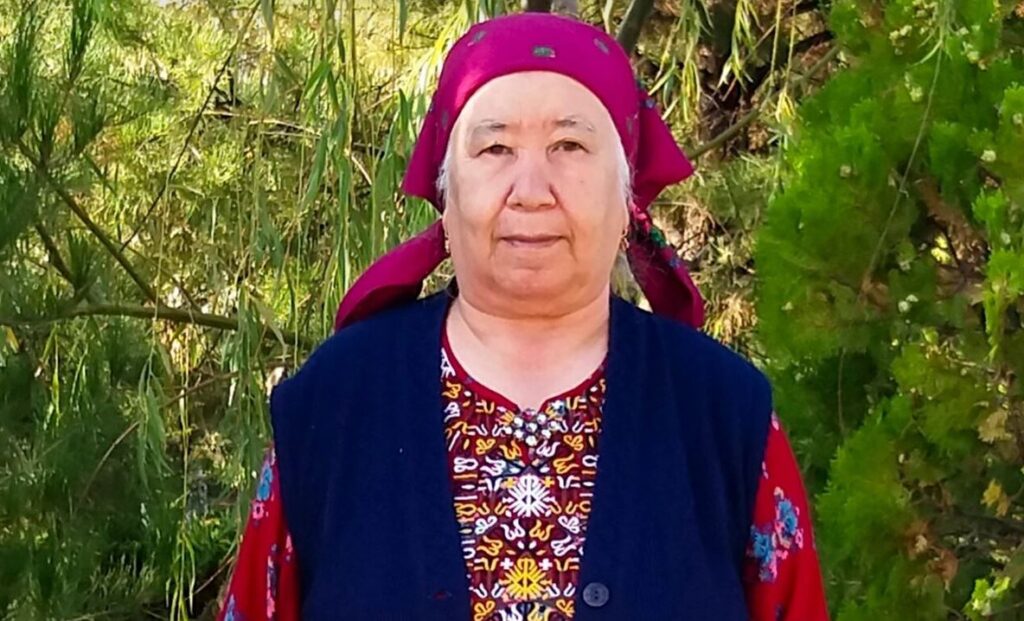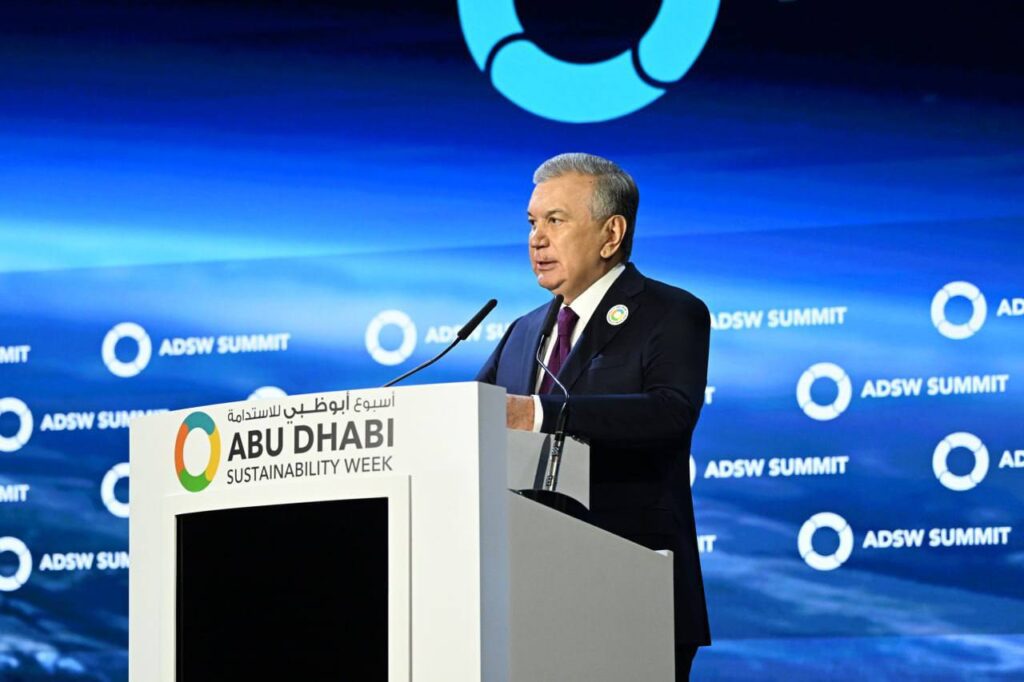BISHKEK (TCA) — With China’s One Belt, One Road (OBOR) initiative being in the focus of the global attention, India and Japan plan a quiet launch of their Asia-Africa connectivity project later this month, Sputnik news agency reports.
Dubbed as a democratic alternative to OBOR, the Partnership for Quality Infrastructure will have India and Japan work together on a maritime-only project to bring the Indian Ocean Region and the African continent closer through an Asia-Africa connectivity project, stretching from Japan to Africa via the Indian Ocean.
India has been forthright in its opposition to the OBOR, saying it “lacks the core features of a connectivity project that should be based on common understanding and collective interest”.
India’s discomfiture with OBOR in particular stems from the $50 billion China-Pakistan Economic Corridor (CPEC) which passes through Pakistan-administered Kashmir, a territory which New Delhi claims and shows in its map as its own.
“The non-negotiable position taken by the Indian government on the CPEC, which is one of the projects in the OBOR, is understandable as it compromises our sovereignty over Pakistan-administered Kashmir. There is also a suspicion about the Chinese strategic designs, referred as ‘string of pearls’. But we also can’t ignore the fact that a rising class of small merchants and traders, and which constitutes the core constituency of the current government, favors better trade ties with China, which will be hard to ignore,” Nandan Unnikrishnan, Vice-President, at New Delhi-based Observer Research Foundation, told Sputnik.
Dr. Deep-K Datta Ray, Associate Professor, with the New Delhi-based O.P. Jindal World University, takes a pro-trade stand. “China is focused on business and wants to expand trade with newer parts of the world, including South Asia and India. In fact, China is India’s largest import partner. We have also collaborated on global issues such as climate change, WTO negotiations, and other areas. India needs to find ways to take advantage of the opportunity,” Datta Ray said.
The Partnership for Quality Infrastructure project was discussed between Indian Prime Minister Narendra Modi and his Japanese counterpart Shinzo Abe during their annual summit in Tokyo last November. Modi has also focused on extending maritime cooperation during his visit to the African continent in 2016.
